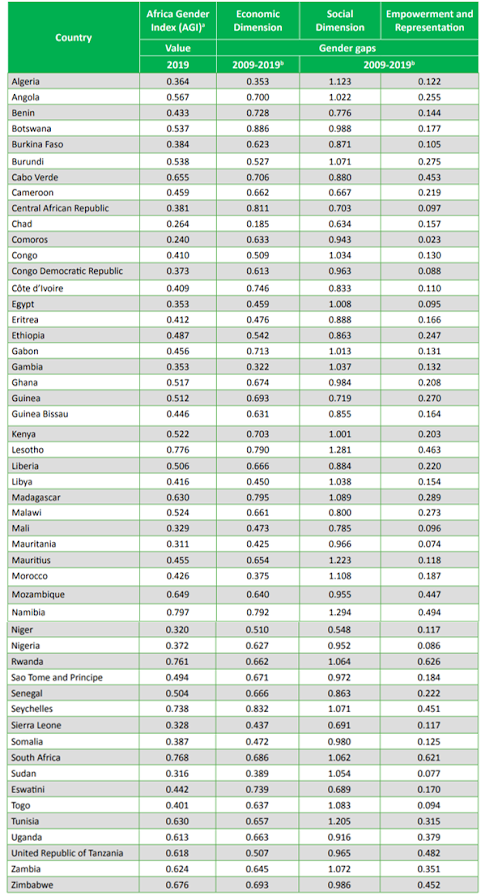Urban sanitation and gender based violence (GBV)
The acceleration of urbanisation will increase pressures on water
resources, with Africa being forecasted to experience the most growth (OECD,2019). Poor access to
sanitation or water increases the risk of violence for women which also
impoverishes their families, communities and societies (Amnesty,2020). This post will unravel the implications of gender
based violence (GBV) on women and girls’ abilities to access
WASH facilities and initiatives seeking to address this.
GBV and WASH in urban informal settlements
GBV can significantly impact access to adequate water sanitation and hygiene for women and girls and in some cases boys and men. As the world recently marked world toilet day (Nov 19) it emphasises how without toilets basic hygiene practices are compromised.
In Makuu informal settlement in south-east Nairobi Kenya, ‘going to the toilet’ is not just a public health or infrastructural matter but also a matter of personal safety. “Women, more than men, suffer the indignity of being forced to defecate in the open, at risk of assault or rape ” which many women mentioned in discussions with Amnesty international(2010).
In both urban and rural contexts girls and women may not drink and eat in order to wait until nightfall to use the toilet. The fear of sexual violence can restrict freedom of movement and affect equal opportunities(Kayser,2019).
Sanergy: non-sewered sanitation solution
In Makuu individuals have to save up to go to the
toilet which requires money such as Hannah Muthoni a grandmother who sells
goods during the day and saves some money for her family to access the one
toilet in their neighbourhood, a unhygienic pit with a door that is closed late
at night, so they resort to something called ‘flying toilets’, defecating in
plastic bags and chucking it out the window. The impact of this is identified by
Kenya’s government where it is estimated to cost 1 million dollars therefore addressing
this lack of access will have economic benefits.
 |
| source |
Lindsay Stradley, the cofounder of Sanergy, in her talk down below mentions how she has created low cost waterless portable loos such as the one shown in figure 1 that are franchised to schools and communities who run them.
What is good about these initiatives?
The impact of this project is significant. In a local school enrolment and attendance of girls rose by 20%. Women did not have to worry about long distance to the neighbourhood toilet in the dark. The collection of waste and maintenance of these toilets generated hundreds of jobs. Furthermore, the waste collected is used for fuel increasing local food security. Despite the conventional idea that addressing toilet issues with mega infrastructure projects such as sewage systems is the solution, they often face hurdles such as gaining approval and funding which can be time consuming and result in a stagnation of community progress. Projects like Sanergy remove the time space and money constraints which hinders big infrastructure and allow for a meticulous placement of facilities where needed most.

Very interesting post!! Sheds lights into some of the struggles that the girls and women have to face on a daily basis...
ReplyDeleteThe attached picture on the blog was actually quite interesting, as it seems like a company is setting up a remote toilet (?) with a lock. I feel like this is a great way to tackle the issue.
Are this kind of solution common in Africa? And I was wondering what your opinion is on how effective these entrepreneurship solutions can be!